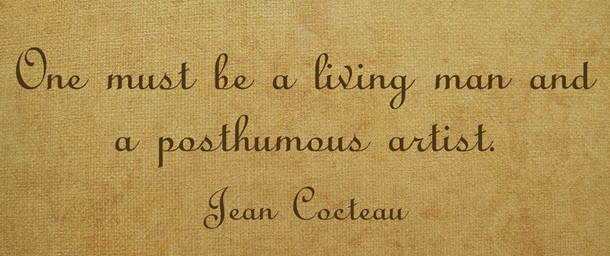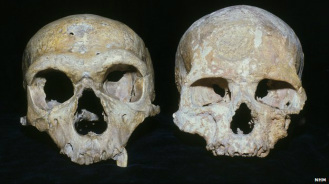
The United Nations and worldwide governments are wondering how the Earth's expanding population will feed themselves in the future. In the West, many of us have grown up with cheap, abundant meat. Rising prices mean we are now starting to see the return of meat as a luxury. As a result we are looking for new ways to fill the meat gap.

A large chunk of the world's population, an estimated 70%, already eats insects as a regular part of their diet. Caterpillars and locusts are popular in Africa, wasps are a delicacy in Japan, and crickets are eaten in Thailand.

Field workers in the 1600s and 1700s had little more than gruel when times were hard, and they would have picked up what they found in the fields such as slugs - not big slimy ones, but milk slugs - and beetle larvae.
Could you eat slug soup, boiled cod with snail sauce and gooseberry cream with sawflies? For a lighter alternative, what about moths on toast or a stag beetle larvae sandwich?



























 RSS Feed
RSS Feed






